- Home
- President Cyril Ramaphosa Unveils Ambitious Plans in Parliament Address Reply
President Cyril Ramaphosa Unveils Ambitious Plans in Parliament Address Reply
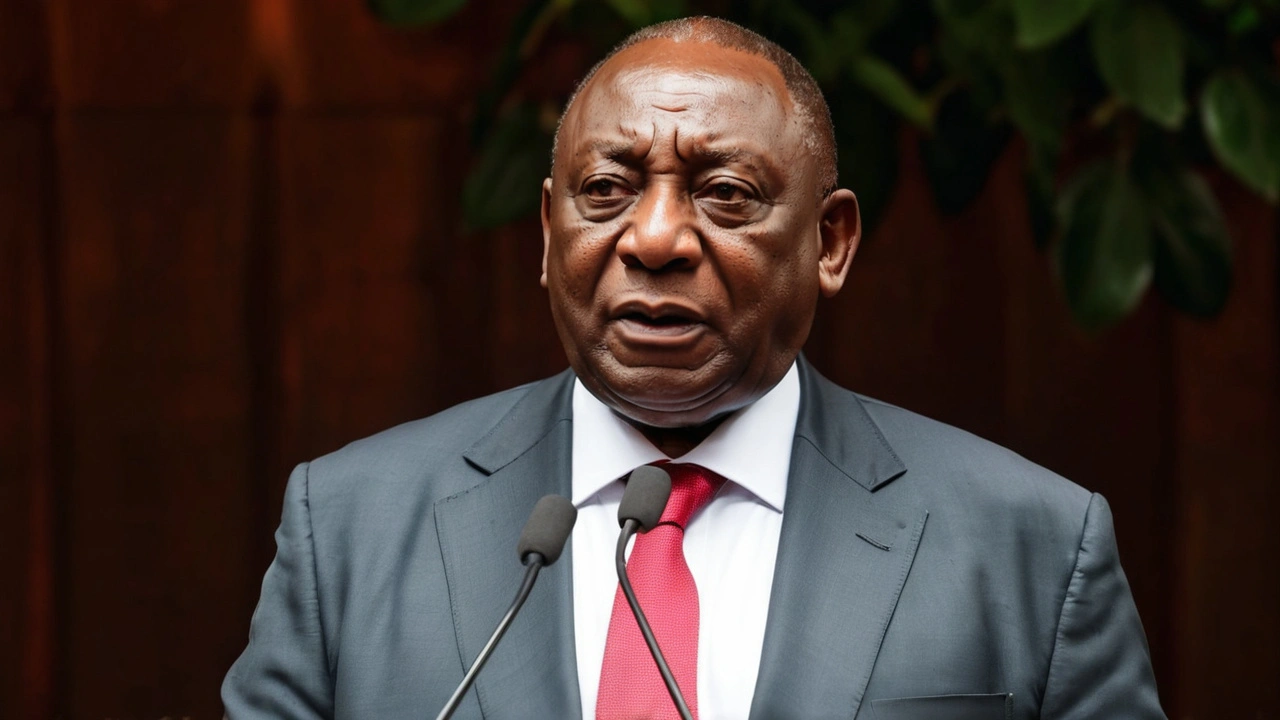
Introduction
President Cyril Ramaphosa took to the podium on Monday, July 22, 2024, to deliver his much-anticipated reply to the Debate on the Opening of Parliament Address. The session was charged with anticipation as the President had all eyes on him, especially considering the dramatic shift in South Africa's political scene. The African National Congress (ANC), which had led the country for decades, found itself navigating new waters as a member of a coalition government for the first time. The stakes were high, the expectations even higher.
Strategic Economic Growth
In his address, Ramaphosa charted out a vision aimed at reshaping South Africa's economic landscape. He stressed the pivotal need for economic growth to redress historical inequalities that have long marginalized black South Africans and women. The narrative of this economic empowerment was not just about rhetoric; it came with a promise of massive investments in infrastructure. Ramaphosa emphasized these investments as catalysts for job creation and as a foundation for sustainable economic development. He painted a picture of a South Africa transformed into a sprawling construction site, bustling with new developments and opportunities.
Economic Empowerment: A Broader Vision
Ramaphosa’s speech did not merely scratch the surface; it delved deep into how these plans would unfold. The President underscored the importance of inclusivity and equal opportunity in building a robust economy. He pointed out that true economic empowerment involves more than just economic growth; it requires the active participation and upliftment of all citizens, especially those who have been historically disenfranchised. Programmes targeted at supporting small and medium-sized enterprises (SMEs) owned by black South Africans and women were highlighted as key components of this vision.
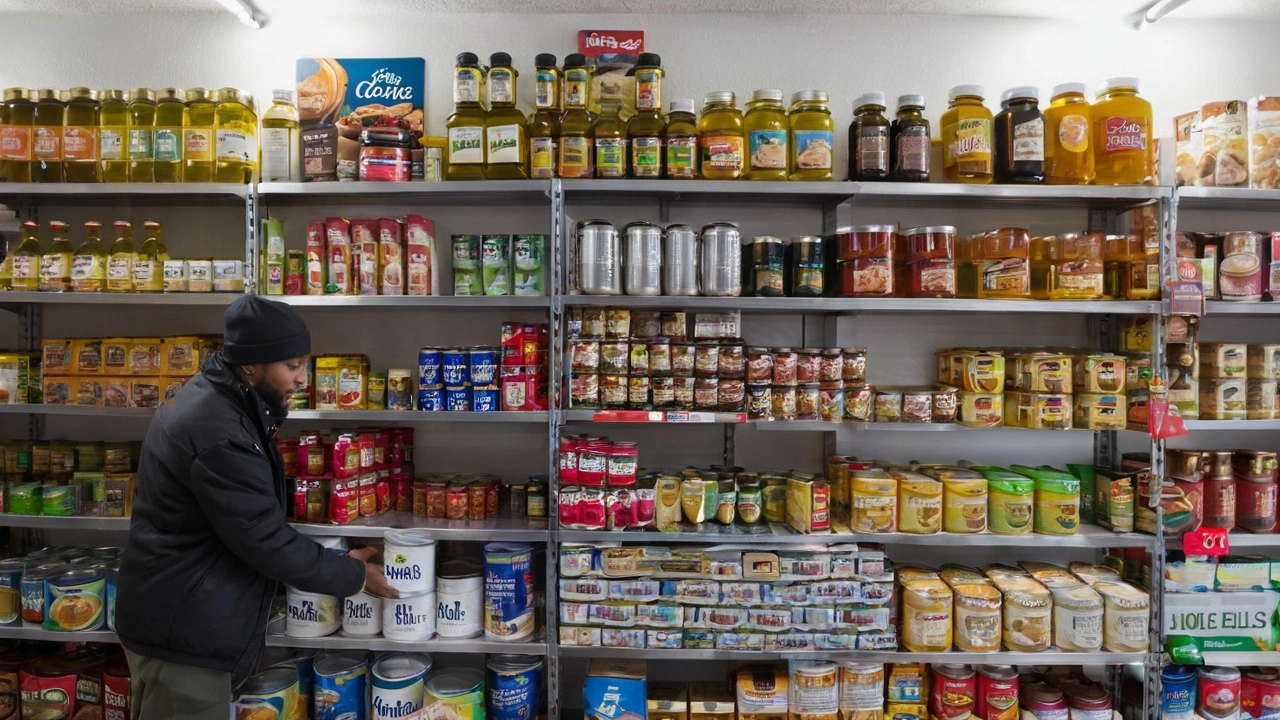
Infrastructure Investment: A Transformative Undertaking
The concept of turning the nation into a vast construction site is as ambitious as it is visionary. Ramaphosa provided insight into the specifics of these infrastructure investments. Public works, transportation networks, housing projects, and energy infrastructure were some of the focal points. Each of these projects is designed not only to modernize South Africa's physical landscape but also to generate employment and stimulate economic activity in communities across the country. The President's detailed plans projected an image of bustling development, with cranes dotting the skyline and machinery paving the way for a new era of progress.
Addressing the Cost of Living
Ramaphosa was acutely aware of the daily struggles faced by many South Africans due to the high cost of living. In an effort to ease this burden, he announced the government's plan to expand the basket of essential food items exempt from the Value-Added Tax (VAT). This policy, aimed directly at making basic necessities more affordable, is expected to offer much-needed relief, particularly for low-income households. It reflects the government's recognition of the economic pressures faced by ordinary citizens and its commitment to alleviating these pressures through practical measures.
Universal Healthcare: A Commitment to Health Equity
Another cornerstone of Ramaphosa’s address was the introduction of compulsory universal healthcare. This initiative, subject to consultation with stakeholders, is set to revolutionize the healthcare landscape in South Africa. The President articulated a vision of a healthcare system that ensures access for all, regardless of socioeconomic status. The journey towards this goal would involve comprehensive engagement with various sectors to create a healthcare model that is both inclusive and sustainable. The implementation of universal healthcare is anticipated to address long-standing disparities in health access and outcomes, promoting a healthier and more equitable society.
Mixed Reactions from the Political Spectrum
The President's address elicited a spectrum of reactions from the political landscape. The Democratic Alliance (DA) welcomed the address, particularly viewing the economic and healthcare proposals as opportunities for meaningful negotiation and cooperation. Conversely, parties such as the Economic Freedom Fighters (EFF) and the African Transformation Movement (ATM) were vocal in their disappointment. They criticized the address for lacking specific plans on crucial issues such as foreign policy and land reform. According to EFF and ATM, the speech fell short on concrete strategies for achieving true transformation, leaving room for skepticism about the government's commitment to substantive change.
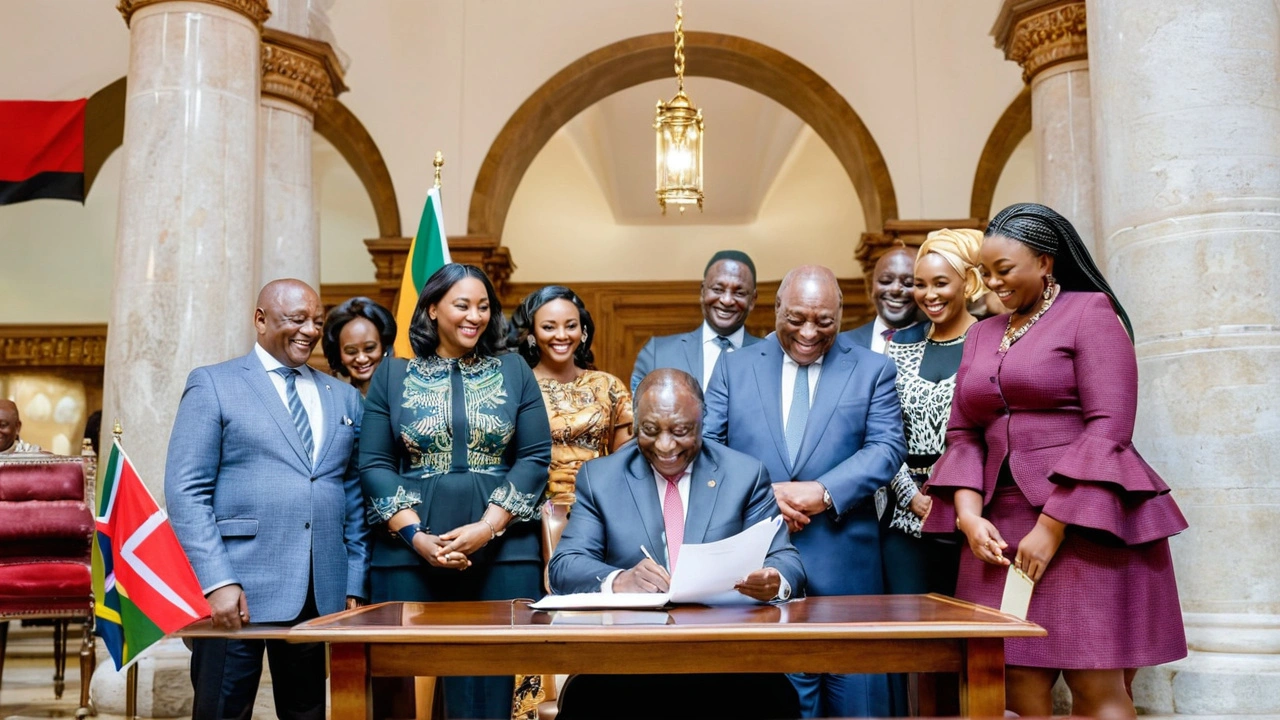
Conclusion
The President’s reply to the Debate on the Opening of Parliament Address has set the stage for significant policy shifts and developmental strategies. While the speech has received a mix of praise and criticism, it undeniably marks a turning point in South Africa’s political and economic journey. With the ANC now functioning within the framework of a coalition government, the dynamics of policy implementation and governance are poised to evolve. As the nation watches closely, the coming months will reveal how these ambitious plans are put into action, shaping the future of South Africa.
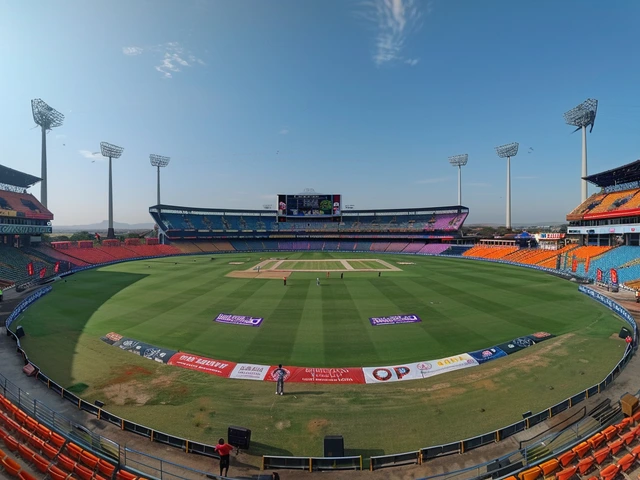
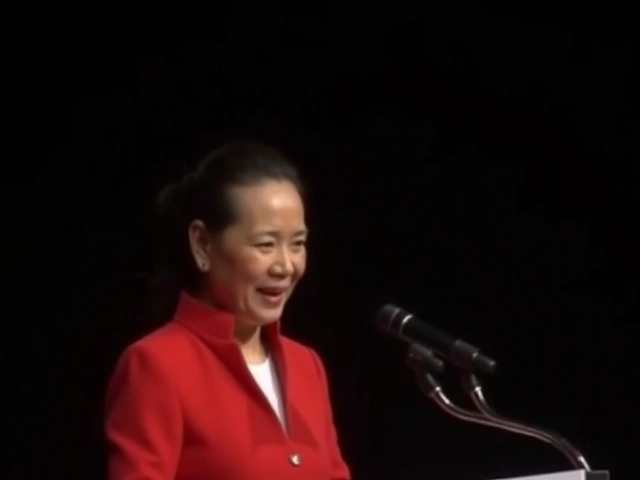
Write a comment